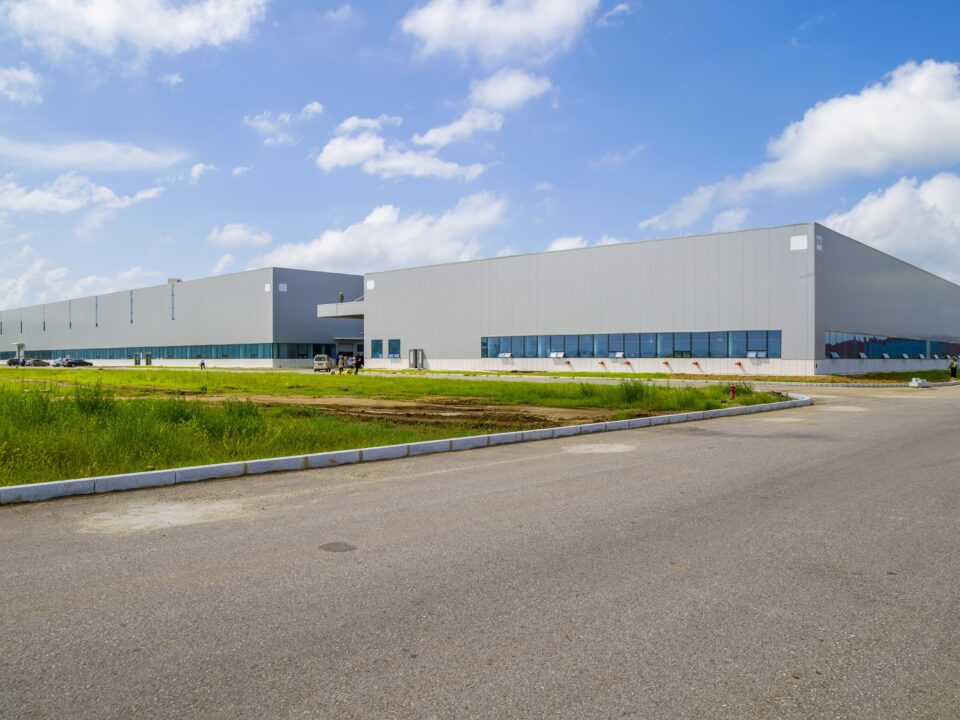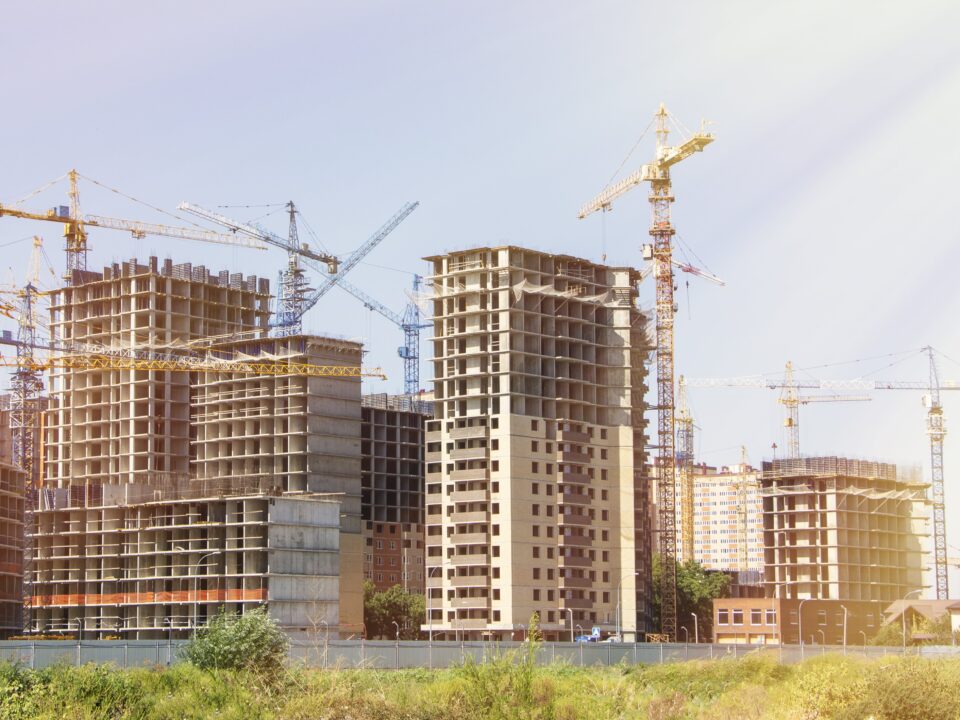Growth Potential of Warehouse Infrastructure in India

Steelion Partners with Unisis Group for Smart Logistic Park Project
September 21, 2021
Hybrid Composite Prefab Technology is Revolutionizing the Construction Industry
October 12, 2021
The Indian warehousing industry is expected to grow at 9.5% CAGR to reach INR 968 billion by 2024. There are multiple factors contributing towards this growth story – the recently introduced structural reforms and granting of infrastructure status to logistics, the introduction of Goods and Services Tax (GST) which has brought down inventory and turnaround time, the government’s improved focus on the manufacturing sector and importance given to ‘Make-in-India’, the technological advancements in enabling growth drivers, and increased digitization of operations.
Another unforeseen factor that has indirectly contributed to the growth of the warehousing sector is the Covid-19 pandemic. The multiple lockdowns across India due to the pandemic and the shift of the populace from the physical mode of purchase to online shopping have led to an increase in demand for Grade A warehouses even in tier 2 and 3 cities in India. Even smaller businesses in the manufacturing, retail, and FMCG sectors are looking for increased warehousing facilities.
A shift that is being witnessed in the creation of new warehouse infrastructure is the increased focus on South India. The tier 2 and 3 cities in South India offer a lot of potential for the creation of Grade A warehouses and logistics parks. Logistics parks in India are currently concentrated in the western part of the country in states like Maharashtra and Gujarat. Tier 2 and 3 cities in the southern states.

The infrastructure industry and its clients are also giving a lot of importance to sustainable construction. Pre-Engineered Steel Buildings (PEB) are now very popular across the construction industry. PEBs offer increased functionality, unmatched speed of construction, the versatility of design, the flexibility of expansion and modification, a low need for maintenance and the components can be reused or recycled in case of disassembly at a later point in time. Steelion is a pioneer of PEB construction company and has innovatively incorporated it into the unique Hybrid Composite Technology (HCT) that offers us an added advantage over conventional construction methods.
Our upcoming project, as the construction partner for the Unisis Logistics Park at Angamali, Kerala, will contain Grade A warehouses with attached offices and parking spaces that are constructed using the HCT methodology. The smart Logistics Park will be set in 6.155 acres of property with direct access through road, rail, air, and sea. It will come with open green spaces, its own rain harvesting and water treatment facilities, provision of electricity via solar energy, and will include pedestrian pathways through the entire campus.



